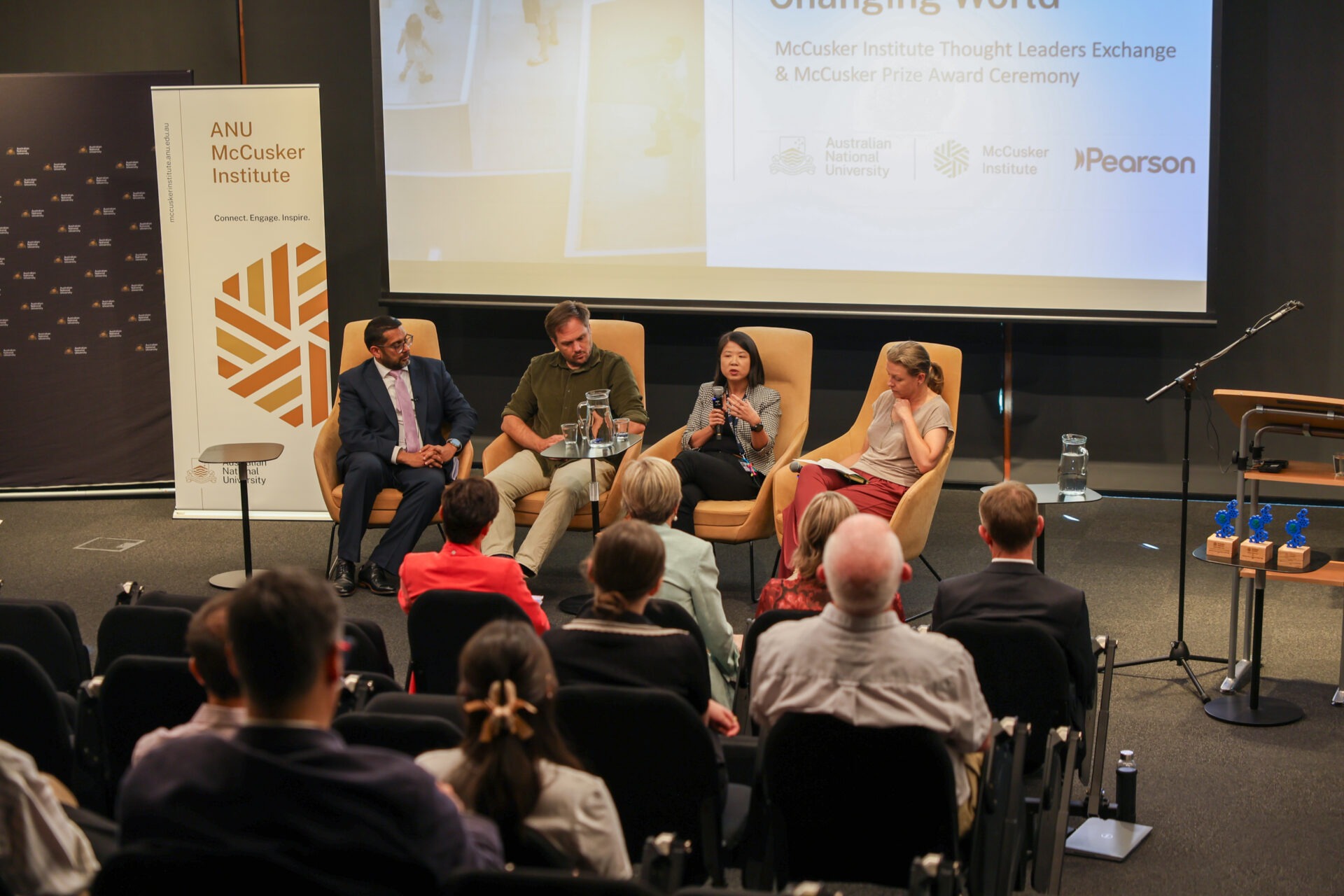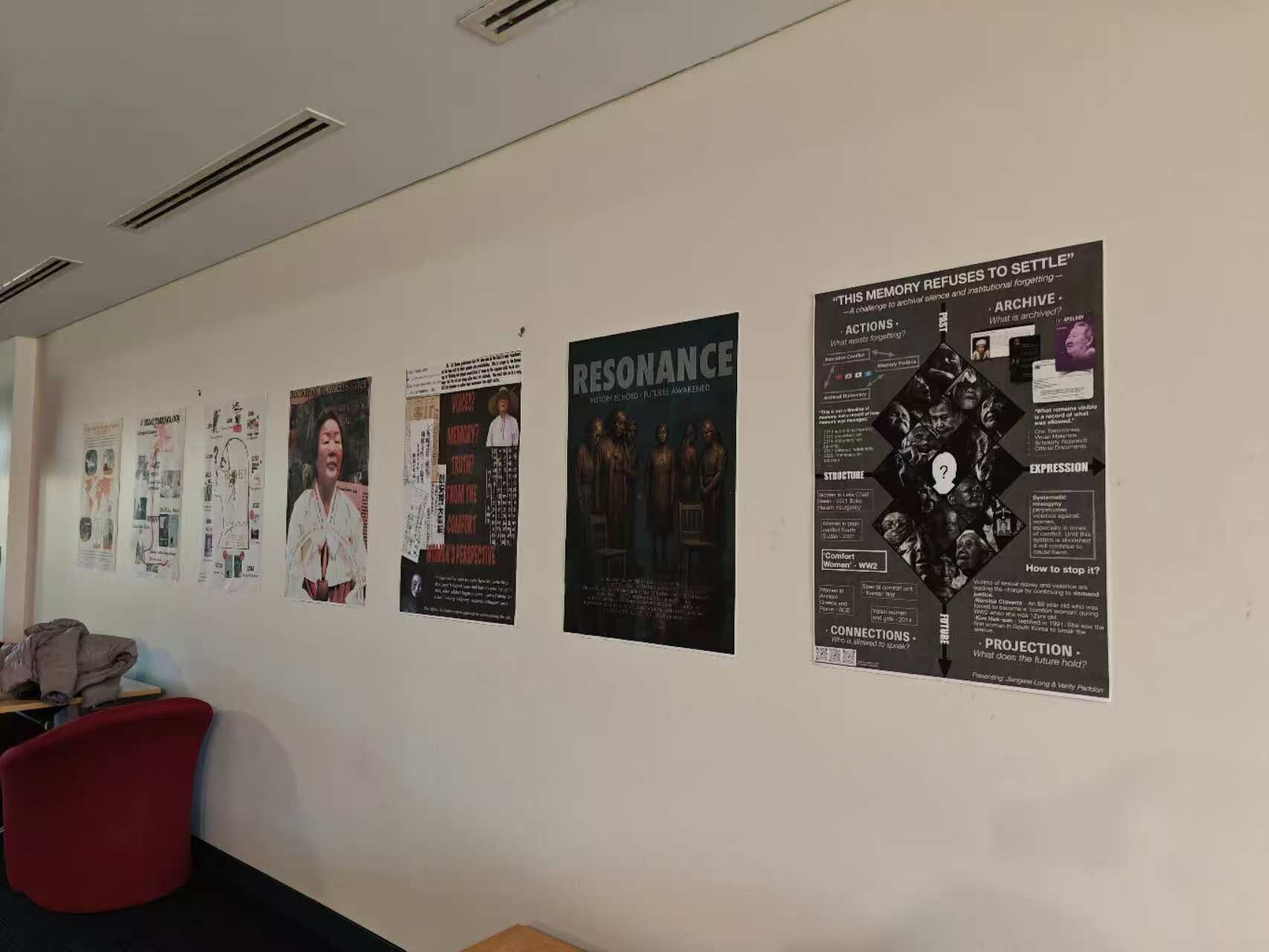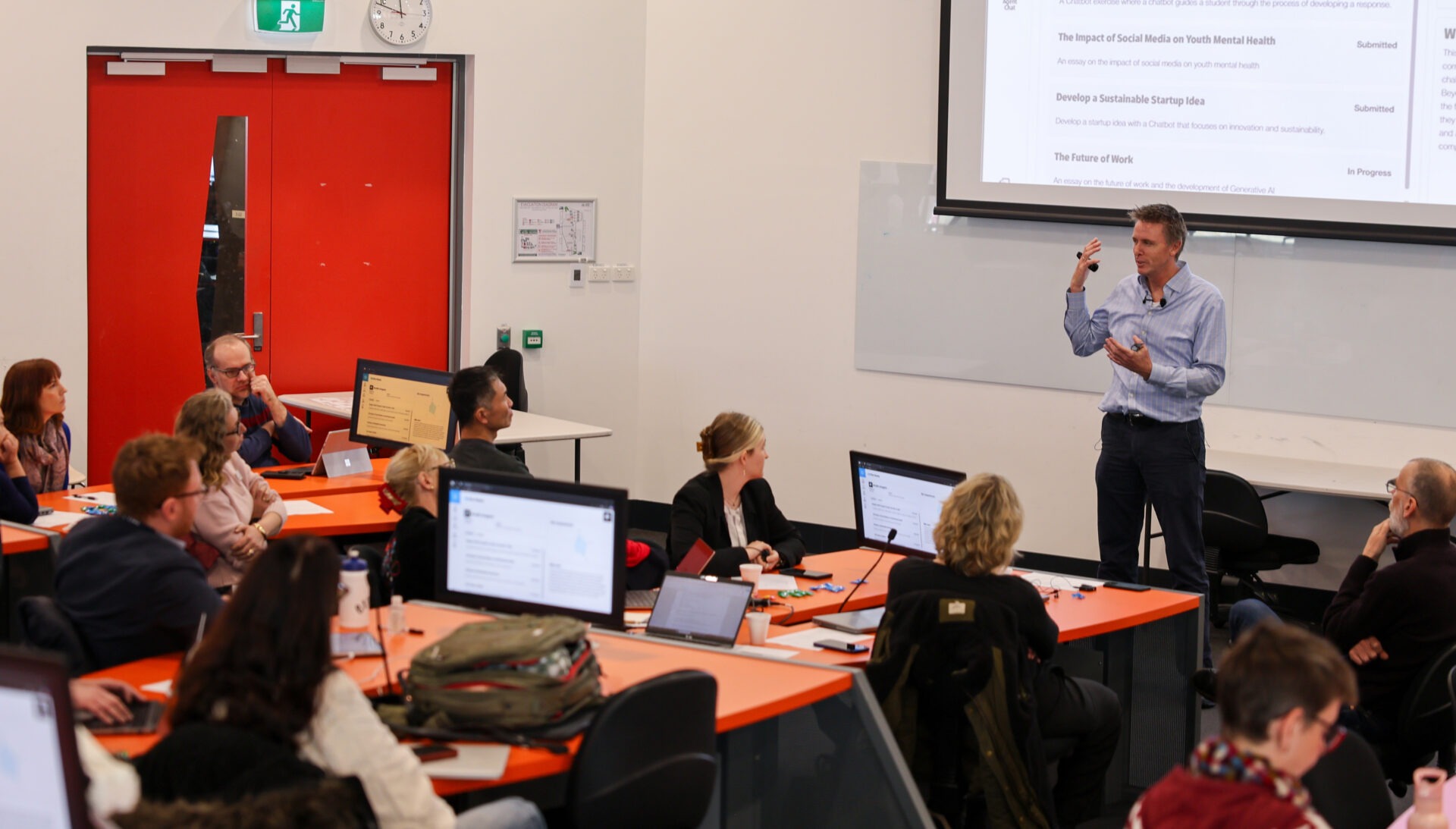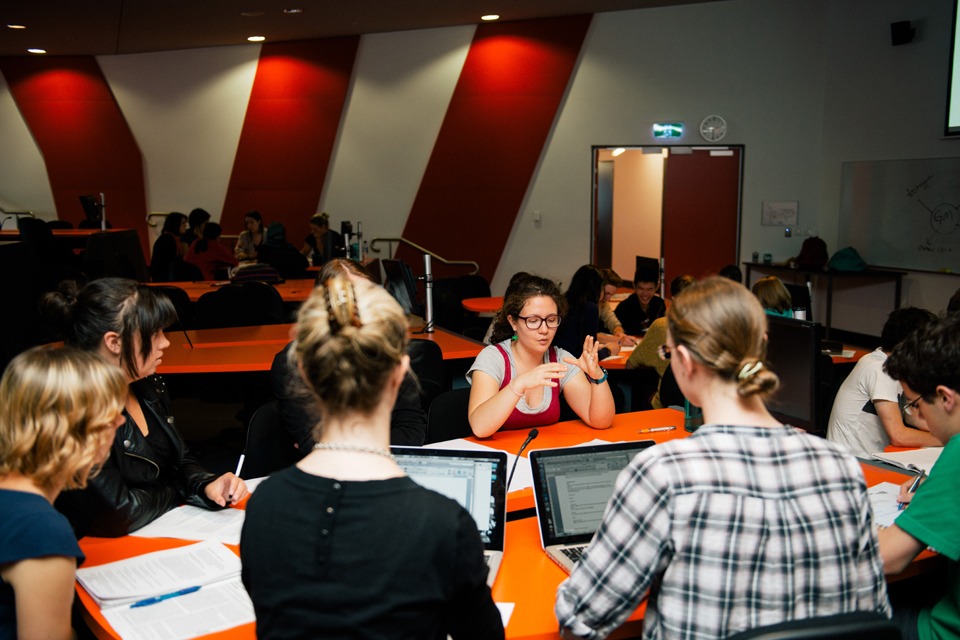Introduction
Student attrition, particularly of students in their first year of study, remains a significant challenge across the higher education sector. Given the recent introduction of National Planning Level (NPL) caps on international student numbers, addressing attrition rates, particularly in relation to domestic students, is likely to become a key focus for many higher education institutions.
In 2019, Associate Professor Dr Ingrid Harrington initiated the Commencing Student Success Program (CSSP) at the University of New England (UNE). Due to the program’s success, it has grown from its trial phase, involving some first-year subjects in the School of Education (SoE), to broad implementation across units extending beyond the first-year level.
I spoke to Ingrid ahead of the event to hear more about the approach being undertaken at UNE.
What it is
The CSSP is based upon 14 pedagogical strategies and innovations identified and developed through a literature review of evidence-based studies designed to improve first-year student retention. The program embeds these approaches consistently across all first-year subjects, offering training and education design support to subject conveners to enable this. The strategies include implementation of the Universal Design for Learning methods particularly in relation to assessment tasks, a-whole-of-program approach to assessment task timing to avoid student overload, provision of subject welcome videos, and a level of consistency in the LMS site design across all subjects to reduce student cognitive load.
The literature makes it clear that first-year students are different from other students. They need a different approach, one that is focussed upon facilitating and supporting their engagement in higher education.
More broadly speaking, the program calls for an increased level of flexibility, understanding, patience, support, explanation, facilitation and approachability for subjects designed for first-year students. Ingrid makes the point that we cannot approach teaching first-year students with the same standards we apply to more experienced students.
When we focus upon students immediately getting their referencing correct, writing to an academic standard, and handing in assignments by an exact time and date, we are situating ourselves as gatekeepers to learning, rather than facilitators there to support students on this new journey.
Another key component of the project is an increased focus upon the role of the subject coordinator in relation to student retention. Many universities invest in student services that then contact students and offer assistance on the basis that they have not logged in to their subject LMS site, or did not do well on an assignment. Ingrid suggests that a subject coordinator is in a key position to provide much more leverage to the issue of student retention simply by being approachable, being more visible, providing video-based assignment task descriptions, and taking a scaffolded approach to developing key academic skills.
Program impacts
Following the initial success with a small cohort of volunteer first-year subject coordinators, the program was then implemented across all SoE first-year subjects, and more recently the program has become mandated across the entire suite of UNE units. Over the course of the program student experience ratings have shown to be greatly improved, as have student retention rates across UNE.
Resourcing, including a dedicated education developer position to support subjects to address the key strategies is now in place, alongside a flexible assessment portal that allows students to self-select their due date from within a defined range to accommodate life events such as illness, employment and home demands.
The program has been recognised for its teaching excellence and positive impact on student engagement and retention, by attracting a total of eight awards at the university, regional and state levels. It is currently nominated for a national citation with the Australian Awards for University Teaching.
Hear from Ingrid first-hand
We invite you to learn more about the Commencing Student Success Program (CSSP) at an upcoming CLT in-person seminar on 16 October, where Associate Professor Harrington will share her experiences in developing and implementing this award-winning program.
Associate Professor Ingrid Harrington (UNE)
Associate Professor Ingrid Harrington created and coordinates the Commencing Student Success Program (CSSP) at the School of Education (SoE) at the University of New England (UNE).
Ingrid has been a member of the SoE for two decades specialising in classroom behaviour management, inclusive educational practices and educational psychology. She has long-standing research and teaching commitments with Germany and Malaysia, and has received over 10 awards for teaching excellence and leadership at the university, state and national levels.
Alex White is Manager, Education Communities in the Centre for Learning and Teaching (CLT)







